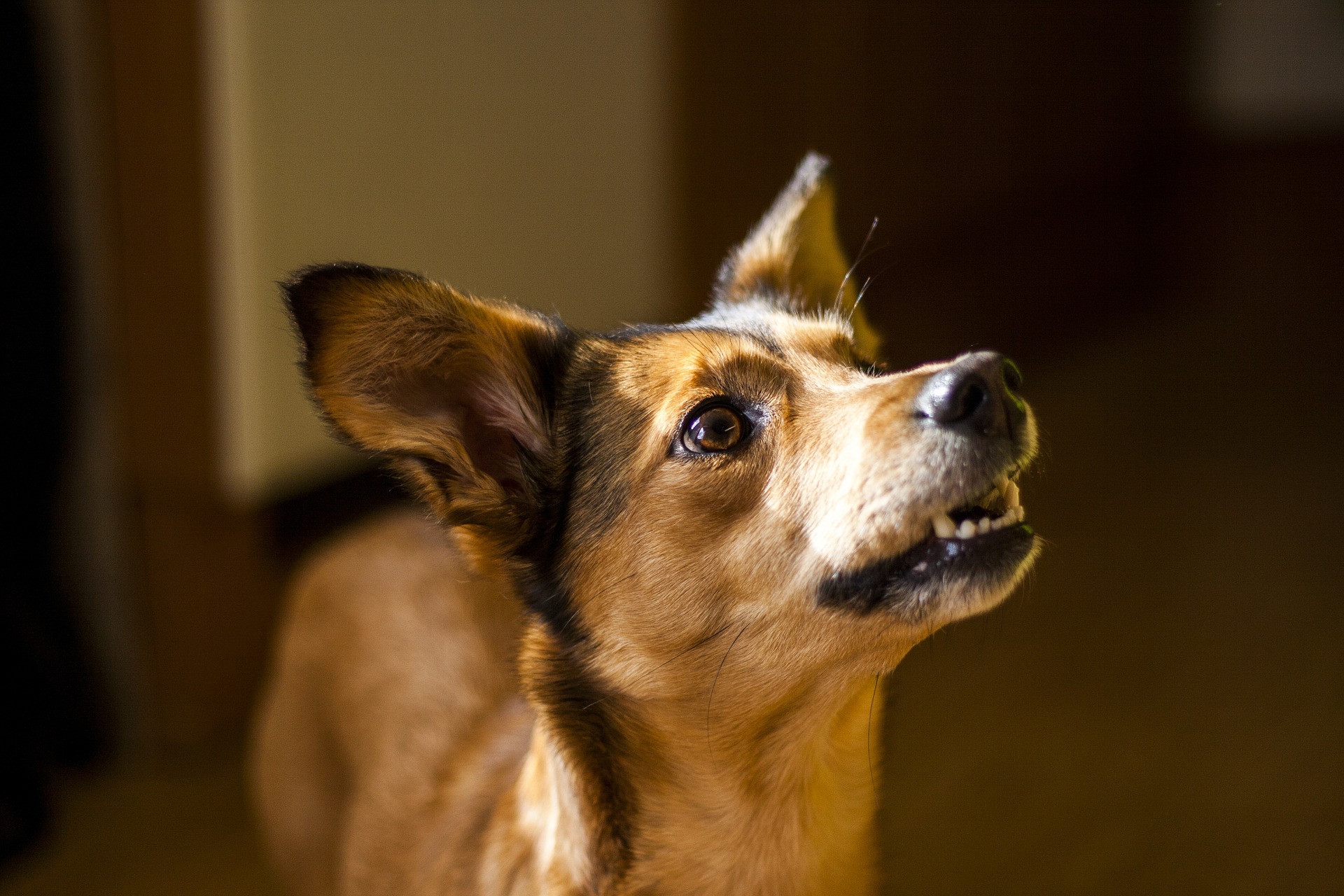Training a dog is a fun and exciting way to bond with your pup, but it can also be confusing or concerning at times. Many first-time dog owners have questions about their dogs’ most frustrating behaviors and how best to address them. Below, you’ll find advice for some of the most common dog training questions.

- How can I get my puppy to stop biting? Biting during play is a natural instinct for dogs, especially when they are younger. Puppies explore the new world around them by putting things in their mouths, and between 3-6 months of age, they go through the process of teething. All of this means there is a lot of chewing on objects that aren’t supposed to go into mouths–including hands! To discourage biting people, you should first minimize the chances of them biting you by only playing with appropriate toys; avoid wrestling or roughhousing that will lead to them trying to playfully bite. When they end up nipping you, it’s important not to scold or punish them. This will only lead to fear and may actually worsen the behavior because they feel the need to protect themselves. Instead, you need to disengage from play and ignore them immediately as soon as they bite. Once they’ve calmed down, you can resume. They will quickly realize that biting means they get no attention at all, and they will avoid it at all costs.
- Why is it taking so long for my dog to be potty trained? While some pups may just need more time than others to be trained, there are a couple of key aspects to potty training that is crucial to success. First, you need to be consistent. Set a timer for a few hours–maybe three or four to start–and take your puppy out every time the timer goes off. Do not play outside during this time. These trips outside should be for going potty only. A lack of consistency will confuse them and thus lead to more accidents. Over time, increase the length between each trip outside until your dog can hold their bladder for about 7-8 hours. Next, give them praise. Every time your puppy successfully goes to the bathroom outdoors, make it a big deal! Give them treats and lots of pets to celebrate their success. They will want to receive that praise again and quickly learn to associate going outside with high praise.
- Why is my dog so hyper even after I’ve given them exercise? The dog’s exercise requirements are unique to the individual, though they can be generally estimated by the breed. If you have a naturally high-energy dog like a heeler, shepherd, or collie, you can expect that they will need a good amount of exercise each day–usually around two hours of movement and excitement. If you’re only exercising them for around 1 hour a day, you’ll find that your dog is still hyper even after you return. Try increasing the length of exercise they get each day; on top of that, provide more mentally stimulating activities for them to do around the house while you are otherwise busy–things like puzzle toys and slow feeders are a great way to work their minds. You can even DIY some enrichment toys pretty easily. Try putting a favorite toy underneath a large Tupperware container and let them figure out how to get it, or hide treats around the living room and allow them to sniff them out. Keeping your dog mentally and physically fit will decrease the chances of getting bored and forming destructive habits.
These are only three of the most common dog training questions, but there are many more. At Gulf Coast K9 Dog Training of Bradenton, we hear them all and are here to help! Call today to discuss your needs and your dog training questions.




